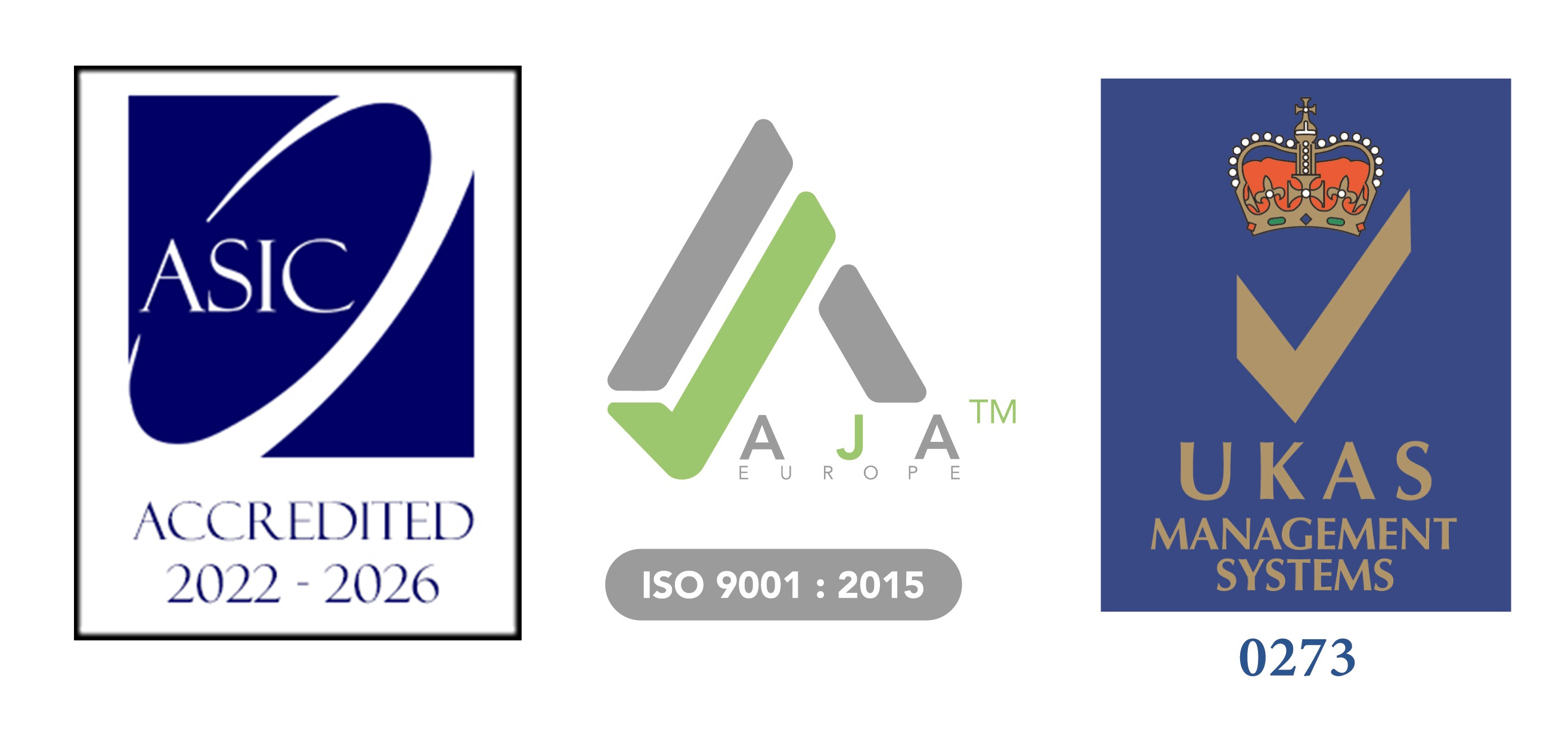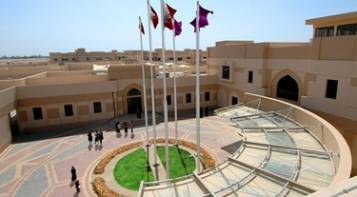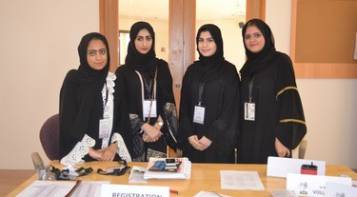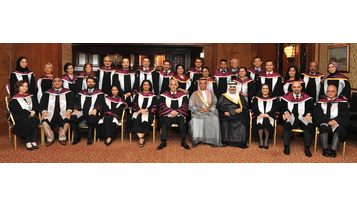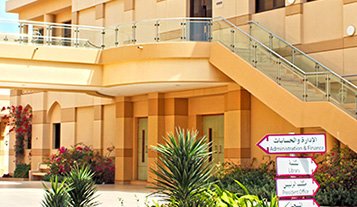
Readiness of Higher Education Institutions for the New Academic Year amidst COVID-19 Pandemic
02,Sep 2020
Royal University for Women organizes “Readiness of HEIs for the new academic year amidst COVID-19 pandemic”
Riffa – Kingdom of Bahrain: The Royal University for Women (RUW) organized a webinar on the “Readiness of HEIs for the new academic year amidst COVID-19 pandemic” which featured top authorities in the collegiate space as they talked through the welcoming process of the upcoming academic year at colleges and universities.
Leaders and representatives of Higher Education institutions in the Kingdom of Bahrain, the United States of America and the United Kingdom joined the webinar to participate in the discussion themes that focused on “Health & Safety of students and staff, Teaching and Learning Models, and Enriching Student Life”. The webinar provided an insight, points of consideration and a roadmap for preparation for the coming academic year, and witnessed a wide attendance from Universities Management, Academic decision-makers, Educators, and teaching faculty, in addition to Student Affairs and Quality Assurance staff.
The webinar included speakers from Higher Education Institutions inside Bahrain and Internationally including Dr David Stewart - the Acting President of the Royal University for Women, Professor Riyadh Hamza - President of the University of Bahrain, Prof. Allie Karshenas – Associate Vice President of Clinical Operations & Institutional Advancement from West Virginia University and Prof. Rupert Ward – Professor of Learning Innovation and Associate Dean (International) from the University of Huddersfield.
The webinar explored requirements specific to Higher Education Institutions in preparation for the academic year 2010-2021. The speakers highlighted that the coming year poses many challenges for universities to ensure community safety and also quality teaching at a minimum on par with face-to-face teaching. Besides, universities must ensure inclusive course delivery to all students whether they wish to study online, on-campus, or through a hybrid model. Possibly a significant challenge is the provision of meaningful activities and events to ensure students experience real student life.
Dr David Stewart mentioned that “online learning during COVID 19 has helped us to keep our sense of college community where students, faculty and staff can still communicate with each other. It has also allowed us to add value to face-to-face teaching - for example recording the lectures - which is enormously beneficial to our students as it gives them flexibility. Since we are a female university, with students who may have children or a part time job, this flexibility gives them the opportunity to review lectures at their convenience”.
Dr Stewart added that online education also encourages students’ abilities to apply their knowledge in critical thinking skills rather than just memorizing. Online teaching also provides the opportunity of having co-teaching faculty from around the world providing students with an international teaching experience.
Professor Riyad Hamza highlighted that the University of Bahrain (UoB) had a transformational 5 years plan since 2016 with emphasis on having a smart campus and a shift to E-learning. With training provided in advance to faculty and students this resulted in a smooth transition from face-to-face to E-learning. He mentioned that, “when it comes to teaching and learning during COVID 19, we talk about technical infrastructure and accessibility. UoB had the necessary learning management system already in place to optimize distance learning. Actions were taken to grow online experience, that includes increasing internet, distance learning, competencies, and interactions”.
“During these times, some health sciences programmes needed to come together as there was a need for testing, contact tracing and PPEs. These colleges turned their research laboratories into manufacturing facilities through emergency-use authorizations such as the United states FDA. Creating new programs and applications were applied to a dashboard that gives us some understanding of how well we are managing our institutions and colleges on a day-to-day basis” said Professor Allie Karshenas.
Professor Rupert Ward talked about providing 24/7 access to learning, to facilitate independent learning so that students are able to develop themselves individually.
Everyone can connect to each other physically when free time is available for social learning and interaction. He said, “It enables us to regulate ourselves together, to become more independent self-managing learners. This results in making better decisions about our lives and learning, how to respond to situations and how to be better prepared.
The speakers agreed that finding solutions to remote learning challenges requires careful planning and execution.
The Royal University for Women has announced to its students the possibility of choosing the education system they wish for the new academic year, as a choice between studying remotely or by attending the campus.
Click here to Download PDF
